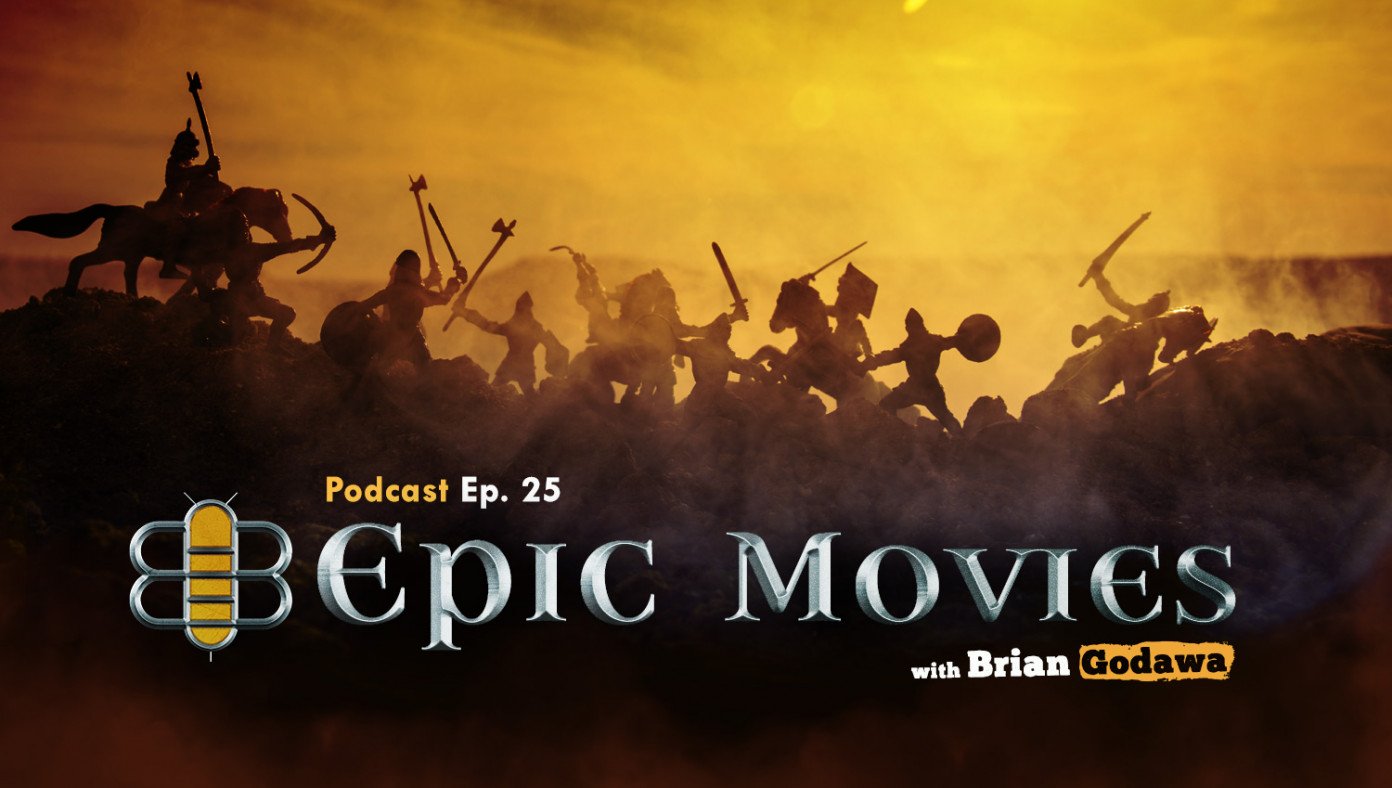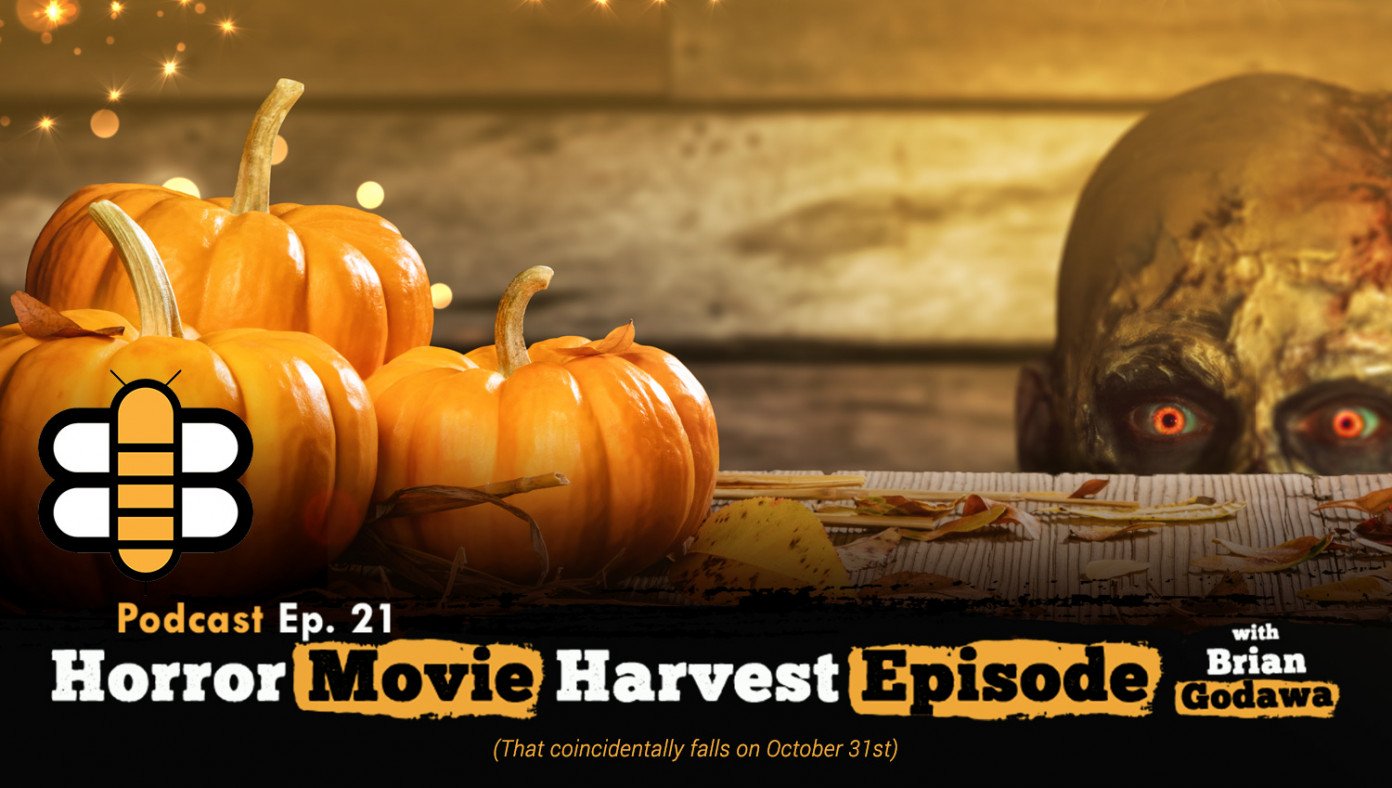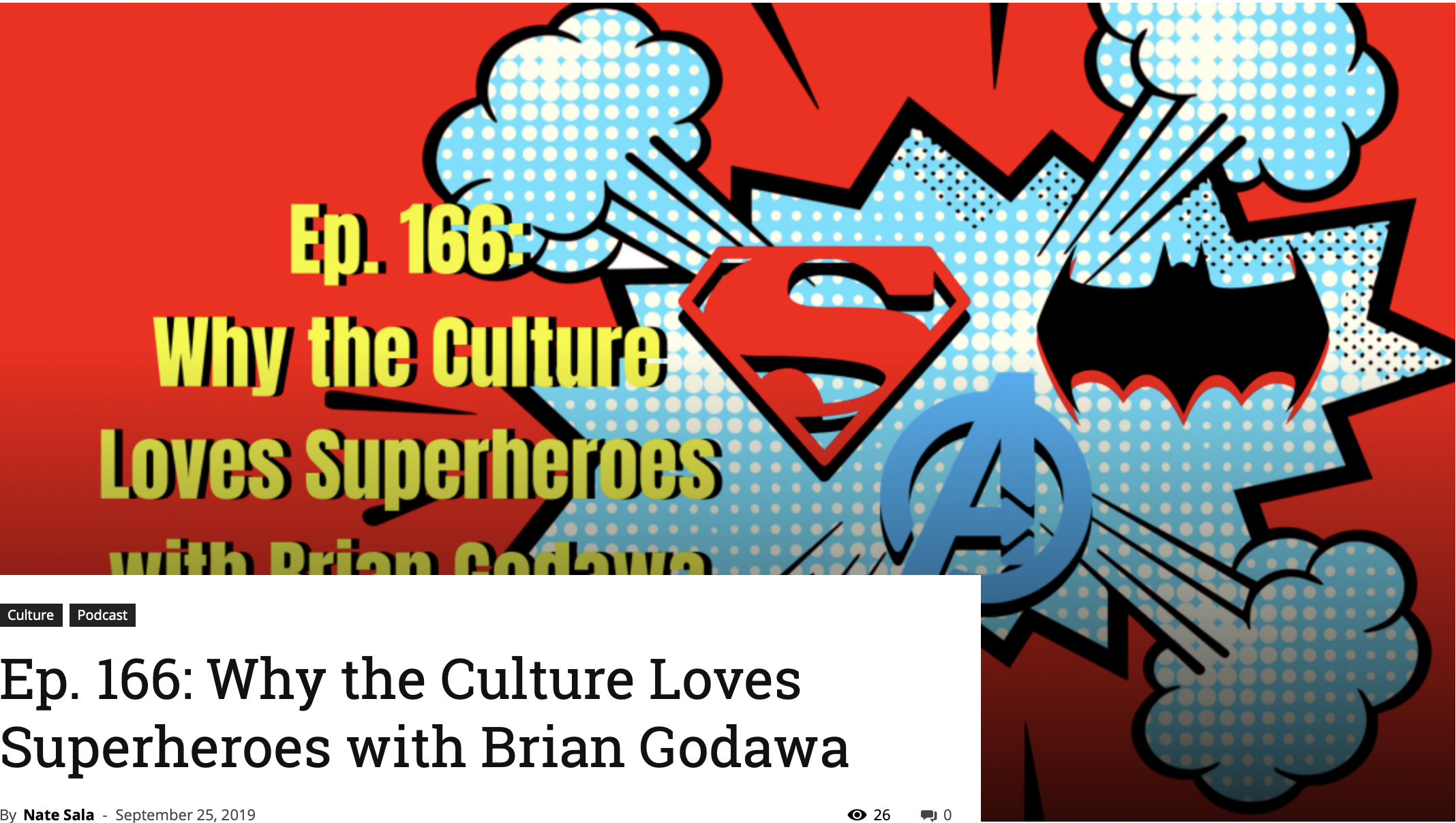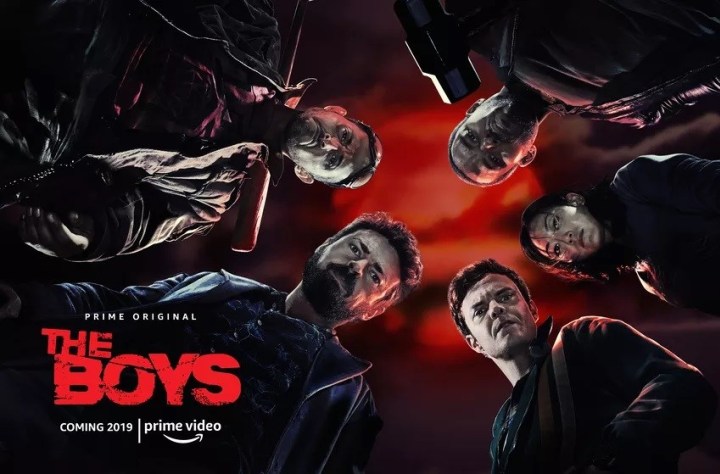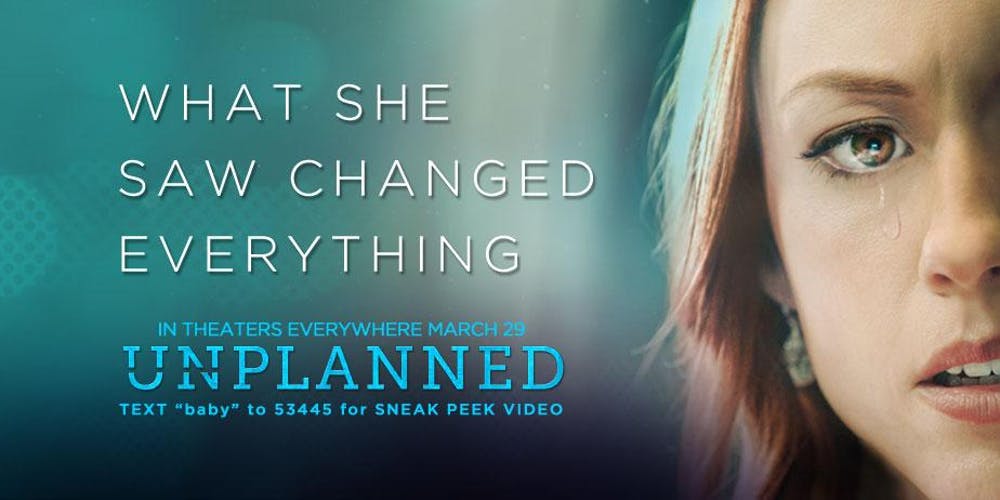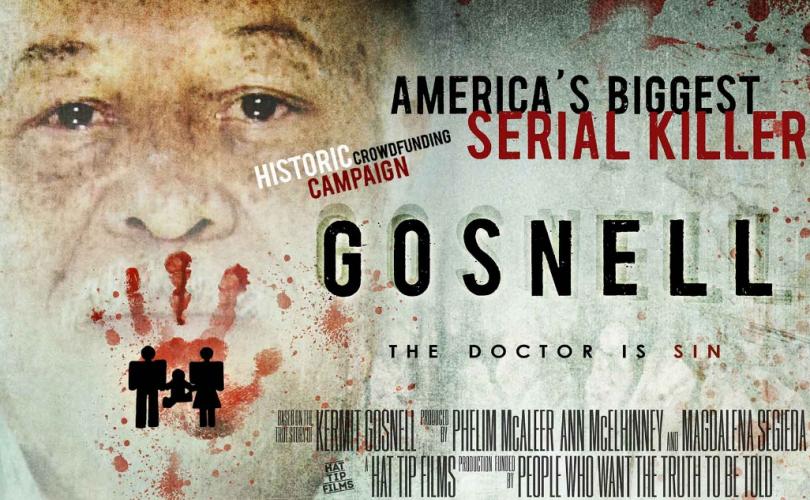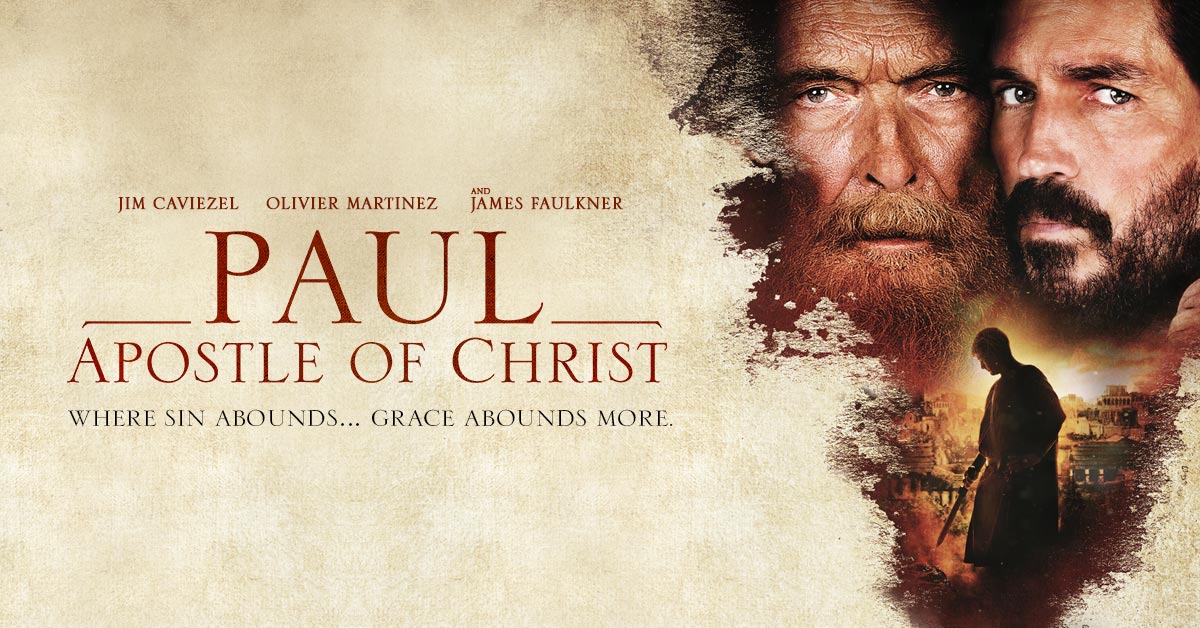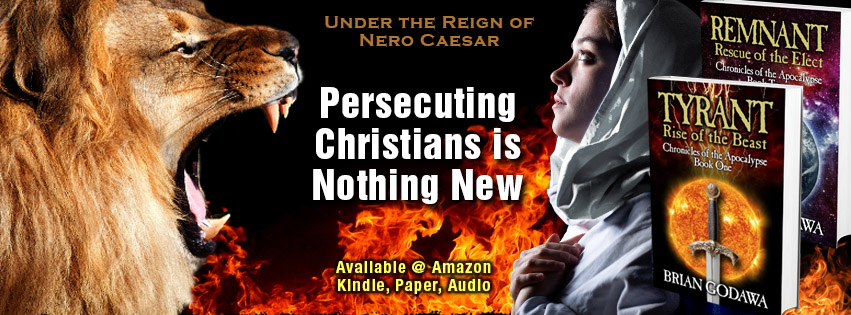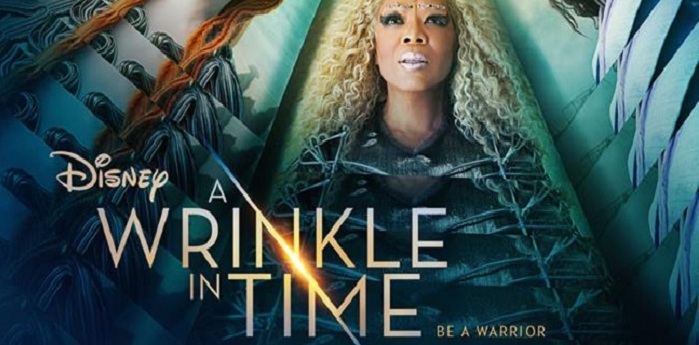Read the script. Imagine the movie.
Screenplays as Literature Series are movie scripts published for readers to enjoy concise storytelling with a twist.
Scripts are blueprints for producing films. Longer than a short story. Shorter than a novel.
You’ll learn how to read a script so you can watch the movie in your mind as you read the story on the page.
I have 12 plus books in this series, in many genres like Historical Epics, Fantasy, Thrillers, Crime Detective and even a family time traveling comedy!
I have read screenplays for many years because I am a screenwriter. But I realized that you don’t have to be a screenwriter to enjoy the power of a screenplay.
It’s more concise and economic storytelling, so it moves at a fast pace.
It paints in a broader brush than a scene in a novel, but it captures depth of character through dialogue and actions like no other medium of writing.
Every word in a screenplay counts and has meaning. So they can actually be quite deep while being shorter reads.
If you haven’t read a screenplay (or if you have), try one of your favorite genres in the Screenplays as Literature Series.
You might find a new kind of storytelling that is different from short stories or long novels, but in a fascinating fresh new way!


